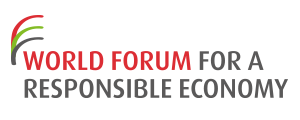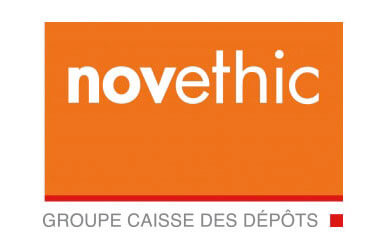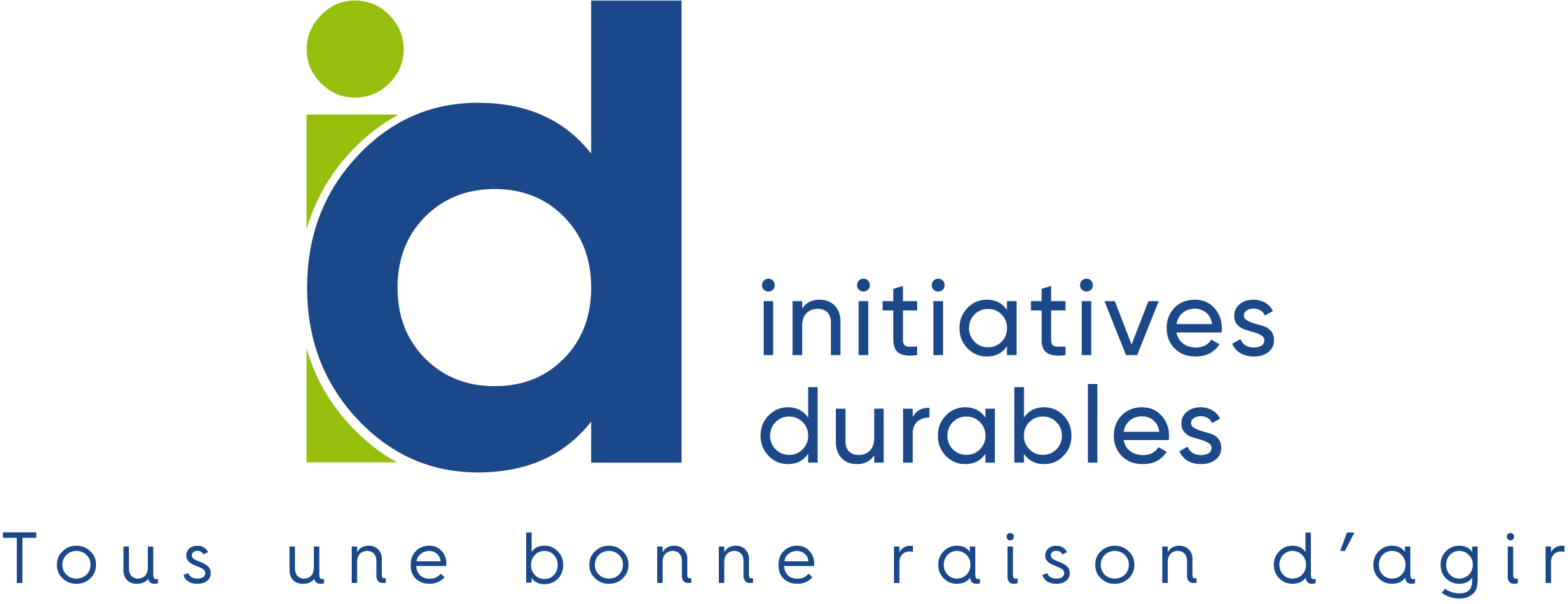Ever since it was founded in 1964, the JCDecaux group has been firmly committed to supporting town councils, transport companies, airports, advertisers, and media and advertising agencies to improve life space and the urban environment.
One of the objectives of the group is to develop soft transport.
A good corporate citizen, JC DECAUX develops an environmentally-friendly offer of self-service bicycles in cities
4. Environment
Sustainable mobility



Context
Objectives
- To make cities more pleasant to live in: reconciling mobility, safety, freedom, and concern for the environment.
- To help customers adopt an environmentally-friendly approach.
- To reduce the carbon impact of urban transport modes.
APPROACH
Many actions were implemented to innovate - investments into research & development with a built-in engineering department (110 engineers and technicians); creativity with more than 50 world-renowned designers.
The Cyclocity system concept (automated self-service bicycle renting system available 24/7) was installed in Vienna, Austria in 2003, and later in Cordoba and Gijon in Spain and was successfully developed in France with Vélo’v in Lyon in 2005, and then Vélib’ in Paris in 2007, with the involvement of Patrick Jouin, who designed stations and hitch points.
The implementation of the concept comes with an optimisation of travels and eco-designed logistics; with the Velib’ contract, 80 % travels made by operators are bicycle rides (163 pedal-assisted bikes are used) and 20 % travels are made with clean vehicles (vehicles using natural gas, electricity); the storage of maintenance equipment at each station makes it possible to make repairs on site; major repairs are made in the « local mobile workshop » aboard a barge having 12 docking points.
Beyond innovative and environmentally-friendly design, the company is involved in social programmes: inclusion of young people experiencing difficulties with EPIDE (Public Institution for Inclusion, Defence Ministry), FACE (Foundation acting against exclusion), or actions for disabled people with ADAPEI (Local association of the friends and relatives of mentally disabled people) in Oise (repairs in a protected workshop, 16 people, 50 bikes per month).
The company also gave to users the opportunity to express themselves via a « chat » service launched in 2008 on a partnership basis with Les Echos. Employees are also regularly requested to improve the service (e.g. suggestion box for vélib points).
Cyclocity extends to other cities such as Seville (Spain), Brussels (Belgium), Marseille, Aix en Provence, Toulouse, Rouen, Besançon, Mulhouse, Amiens, Luxembourg, Nantes et Nancy, and 2 communities of towns (La Plaine & Cergy- Pontoise).
CONTRIBUTION TO COMPANY PERFORMANCE
- Success in Paris: 20,600 bikes and 1,451 stations; 94% users satisfied (survey in 2008 in Paris).
- 30 bordering towns with 4,500 additional bikes and 300 stations in 2009.
- Markets captured: 17 cities in Europe including 11 in France; 75 million rentals since 2007; 40,000 self-service bikes in 7 countries.
Benefits
- Replacement of cars by bikes, reducing CO2 emissions by 25,000t /annum (35,000 bikes*9.5km = 121Mkm/annum).
- Improved living environment and positive effects on users.
- Experience which can be duplicated in other cities .
- Country
- France
















